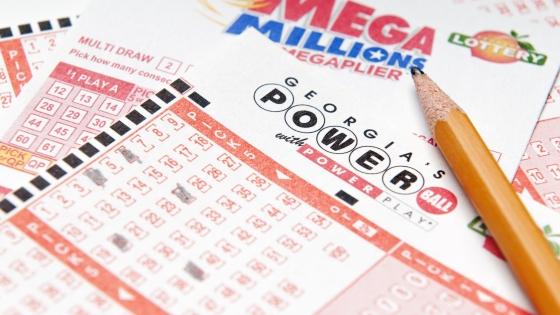
The lottery live hk is a type of gambling in which numbers are drawn to determine a prize. It is the most common form of gambling in many countries. It is often used to raise money for public works projects or other charitable purposes. The practice has been around for centuries, and records of lotteries in the Low Countries date back to the 15th century. The term lotteries is probably derived from Middle Dutch lotinge, meaning “action of drawing lots.” The first state-run lottery was established in the United States in 1612 with a prize of 1,737 florins.
A big part of the appeal of a lottery is that it promises large prizes. The large jackpots draw media attention, and lottery marketers advertise the jackpot size to attract potential players. But the jackpots also have to be sufficiently large to cover administrative costs, and the resulting percentage of the prize pool normally goes as profits and taxes to the sponsor and organizer. As a result, the likelihood of winning is substantially lower than advertised.
Some people play the lottery because they simply like to gamble, but most people have a more sophisticated motive. The promise of instant riches appeals to lower-income people who have few other opportunities for risky investments. Despite the fact that many studies have shown that lotteries are regressive, lottery commissions try to obscure this by emphasizing the entertainment value of scratching tickets and promoting the notion that it is a harmless way to pass the time.

